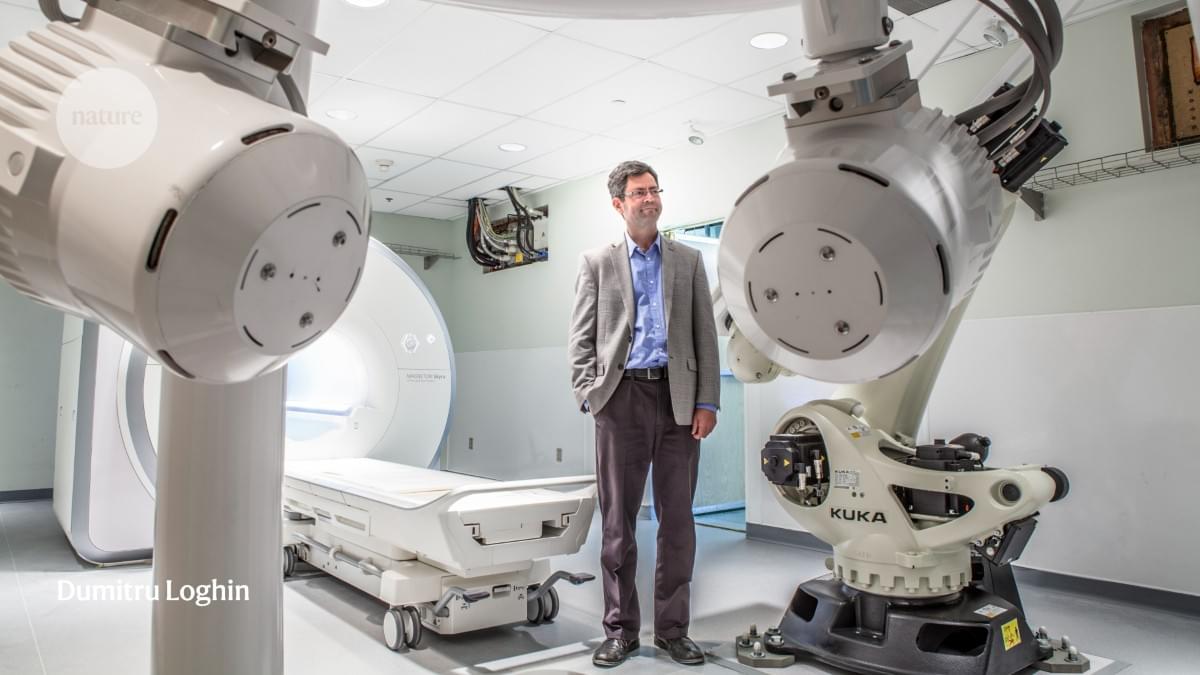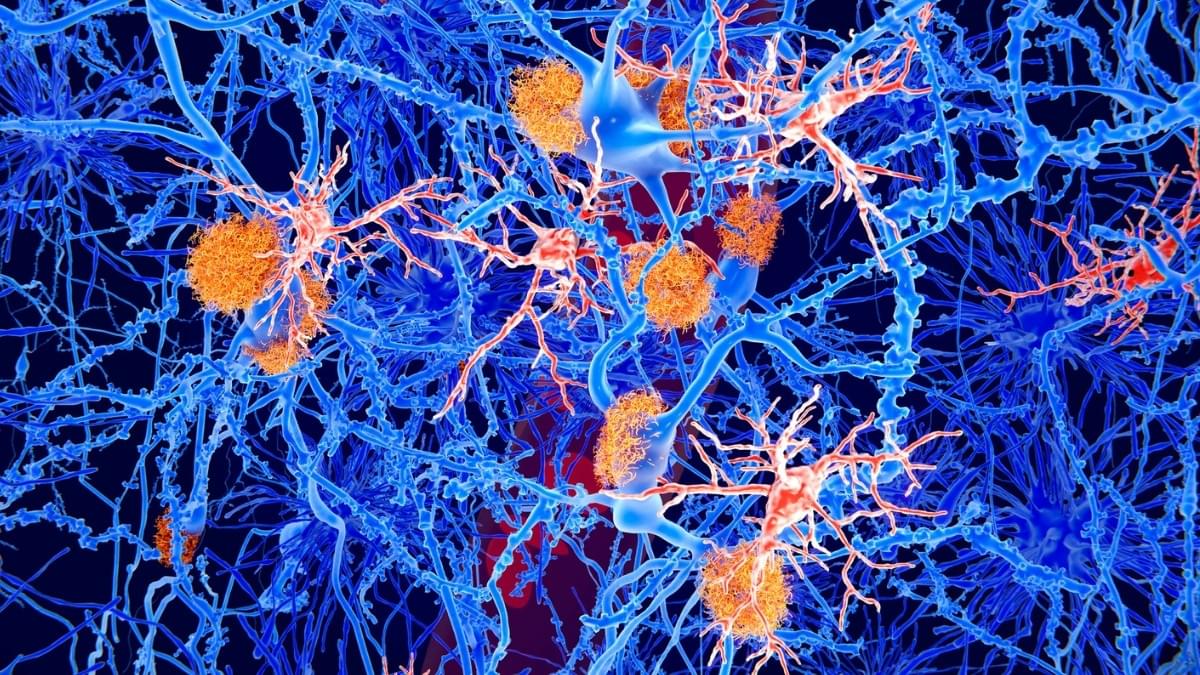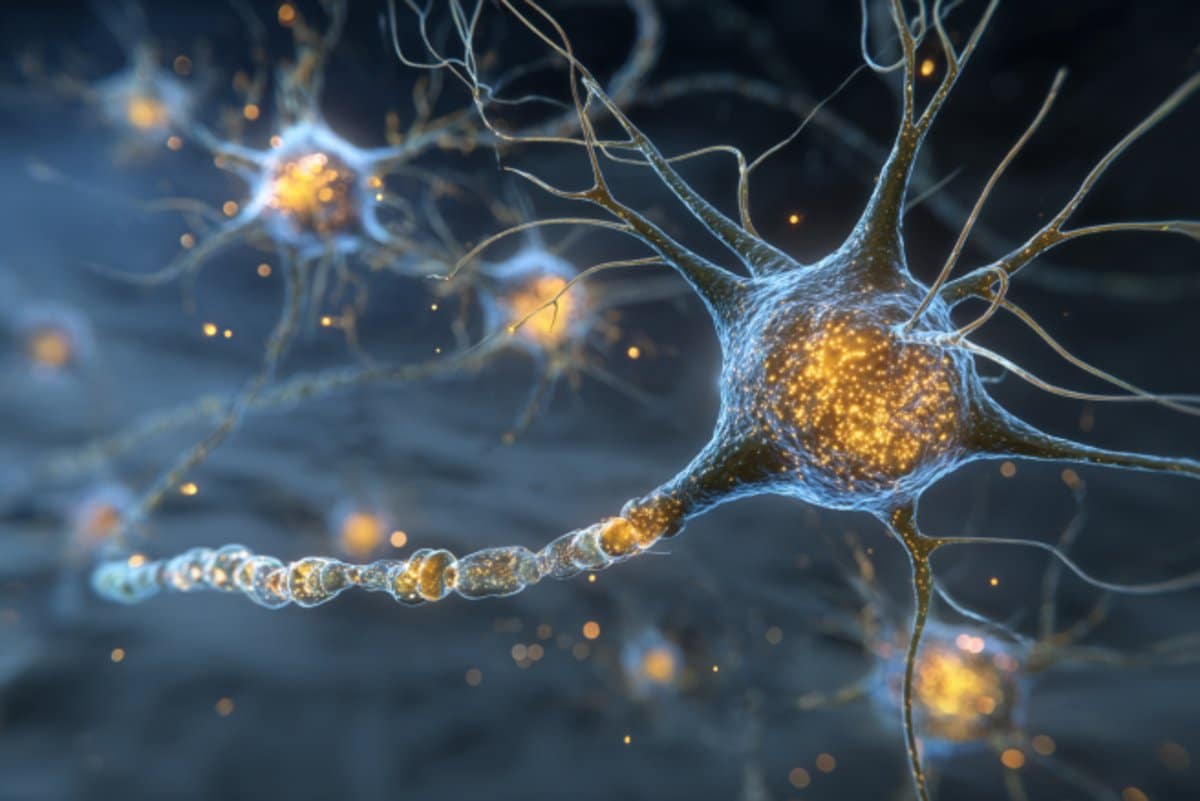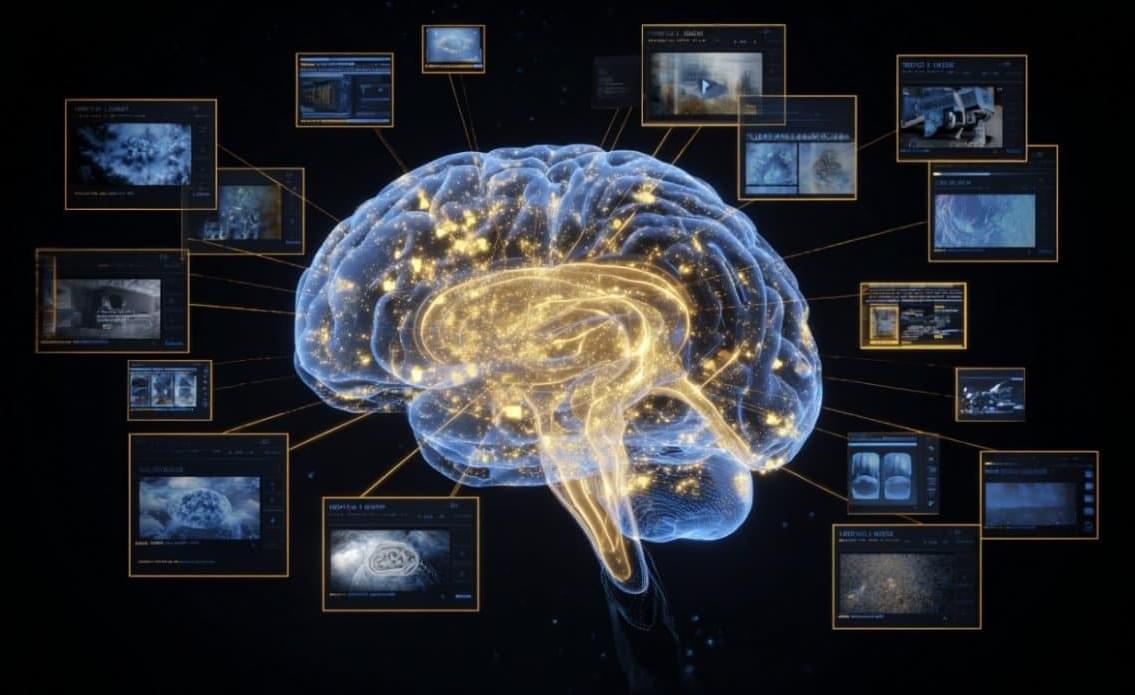Scientists at Indiana University have made a major advance in understanding how the universe came to exist. Their success comes from a collaboration between two large international research teams studying neutrinos, the nearly massless particles that stream endlessly through space and matter while rarely interacting with anything around them. The findings, published in Nature, bring researchers closer to solving one of science’s most profound mysteries: why the universe is filled with matter, stars, planets, and life, rather than nothing at all.
This breakthrough arose from an unprecedented partnership between two world-leading neutrino experiments: NOvA in the United States and T2K in Japan. By combining their data, scientists are gaining new insight into the hidden behavior of neutrinos and their antimatter counterparts, potentially revealing why the early universe avoided self-destruction immediately after the Big Bang.
In each experiment, beams of neutrinos are generated using powerful particle accelerators and then observed after traveling vast distances underground. Detecting them is an enormous challenge; out of countless particles, only a few interact in a way that leaves measurable traces. Using sophisticated detectors and advanced computing tools, researchers reconstruct these rare interactions to understand how neutrinos change as they move through space.








